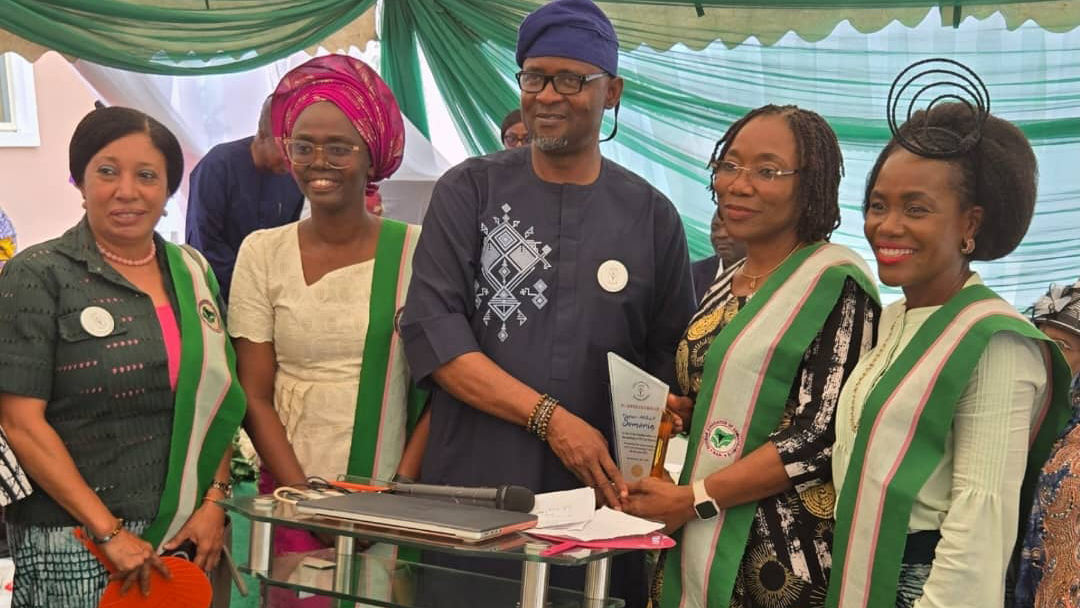
• Global team of experts to design action plan for stopping next contagion before it starts
Worried about the risk of a new pandemic after COVID-19, a global team of experts has been set up to design an action plan for stopping the next contagion before it starts.
Until now, governments have largely erased pandemic threats from their list of priorities, despite continued surges in the spread of animal-to-human diseases.
Consequently, The Lancet and the Coalition for Preventing Pandemics at the Source, in a statement, yesterday, said they are convening a commission on the prevention of viral spillover.
The Lancet-Preventing Pandemics at the Source Commission on Prevention of Viral Spillover said it will examine and provide guidance on policy, practice, research and law to address viral spillover threats and lessen the risk of future pandemics. The Commission is described as the most ambitious, diverse and global expert body dedicated to addressing this under-studied and under-funded area.
A Nigerian and Infectious Disease Epidemiologist, Dr. Ngozi Erondu, is one of the co-chairs of the Commission.
“Most pandemic prevention efforts focus on containing a disease outbreak through personal protective equipment, vaccines and other measures,” said Sonila Cook, co-founder of Preventing Pandemics at the Source (PPATS) and CEO of Dalberg Catalyst.
“This Commission is instead focused on preventing disease outbreaks from occurring in the first place, which is far more equitable and cost-effective and brings many other benefits for people and our planet. Through the work of this Commission, we will be better positioned to prevent another crisis instead of merely reacting to it.”
The work necessitates convergence and collaboration among many fields — health, ecology, conservation, veterinary science and traditional Indigenous knowledge. The goal of the Commission is to draw global attention to the topic and deliver a major report on viral spillover prevention in two-three years.
Led by three co-chairs, The Lancet-PPATS Commission on Prevention of Viral Spillover is made up of 28 experts from a wide range of disciplines, including epidemiology, microbiology, ecology, human medicine, veterinary medicine, One Health, food systems management, anthropology, behavior, economics policy, and working with Indigenous knowledge systems. With balance between genders and the Global North and South, the Commission members will maintain a constant focus on equity in developing prevention strategies.
Studies have shown that the spillover of pathogens is exacerbated by livestock practices, wildlife hunting and trade, and land-use change such as deforestation. Climate change is also shrinking habitats and forcing animals to migrate to new places, creating opportunities for pathogens to enter new hosts.
Yet, until now, little has been done to tackle the daunting challenge of developing a global action plan to pinpoint what can be done to prevent the domino effects that lead to a regional epidemic or a pandemic. The Commission will conduct original research and pull from the latest science and examples on the ground of how spillover prevention measures can merge with other considerations — such as food security and healthcare — to help to prevent pandemics.
“The basic origins of all the most recent epidemics are clear: They emanate from wildlife,” said Cornell University Professor Dr. Raina Plowright, co-chair of the Commission. “And yet, spillover prevention is a topic that is poorly understood and largely unaddressed by major institutions working in public health. Our Commission will improve our understanding of disease threats. We need to shine a bright spotlight on this problem and then provide a strategy to solve it.”
The Commission will work with input from many other experts to address the following objectives: Evaluate and synthesise the evidence on the drivers of viral spillovers; identify and evaluate strategies and interventions to prevent viral spillovers; provide recommendations for research investigating viral spillovers; examine the equity benefits of viral spillover prevention; assess the co-benefits and trade-offs of viral spillover prevention; identify social, economic, and political challenges and opportunities for implementing viral spillover prevention; and develop recommendations for viral spillover prevention that can be adopted and adapted by governments and other stakeholders.
“Many countries struggle to navigate the often-conflicting demands of generating economic development and maintaining an affordable supply of food for growing populations while safeguarding the health of rural populations,” said Dr. Latiffah Hassan, Commission Co-chair and a Professor with the Faculty of Veterinary Medicine at the Universiti Putra Malaysia. “It is these communities who face the greatest risk of emerging pandemic threats. Like every other part of our global society, they have a right to decent healthcare. Preventing spillover protects everyone everywhere.”
The Commission will assess evidence on spillover prevention strategies, including the following strategies that have been proposed:
Curbing deforestation and forest degradation, especially in tropical and subtropical forests;
Improving domestic animal health, strengthening veterinary care and biosafety in animal husbandry;
Ensuring that risks from the trade and consumption of wildlife — an essential source of protein and income for some communities — are addressed; enhancing primary healthcare and alternative livelihoods for communities living close to wildlife; and enhancing integrated surveillance for zoonotic viruses at the interface between humans, domestic animals and wildlife.
Budget estimates for effective pandemic preparation vary, with the World Bank and World Health Organisation determining it would cost $41.6 billion yearly to build and implement an effective prevention system. Estimates of the economic impact of the COVID-19 pandemic, in contrast, find that the first year alone cost more than US$2 trillion, equivalent to a 3.4 per cent decrease in global GDP.
“Preventing pandemics is so much cheaper than responding to pandemics and will save countless lives,” said Commission Co-chair Dr. Neil Vora. “Remarkably, it seems like global leaders are already forgetting the terrible lessons we learned during the COVID-19 pandemic. We urgently need dedicated resources to prevent pathogen spillovers, such as an international financing source dedicated to protecting tropical forests. The stakes are too high for the world to implement more incomplete solutions to pandemics. We need investment in both preventative measures to pandemics alongside response measures.”
The Commission will emphasise the scientific and cultural expertise of researchers from the Global South, including in its work on inequities.
“So many people are behaving as if the COVID-19 pandemic never happened — and in doing so, they fail to apply the lessons from COVID-19,” said Dr. Nigel Sizer, a member of the commission and Executive Director of Preventing Pandemics at the Source which is co-convening the commission with The Lancet. “This Commission will help protect everyone from pandemics by evaluating the science, designing interventions, and presenting policymakers with a roadmap to guide future actions.”






